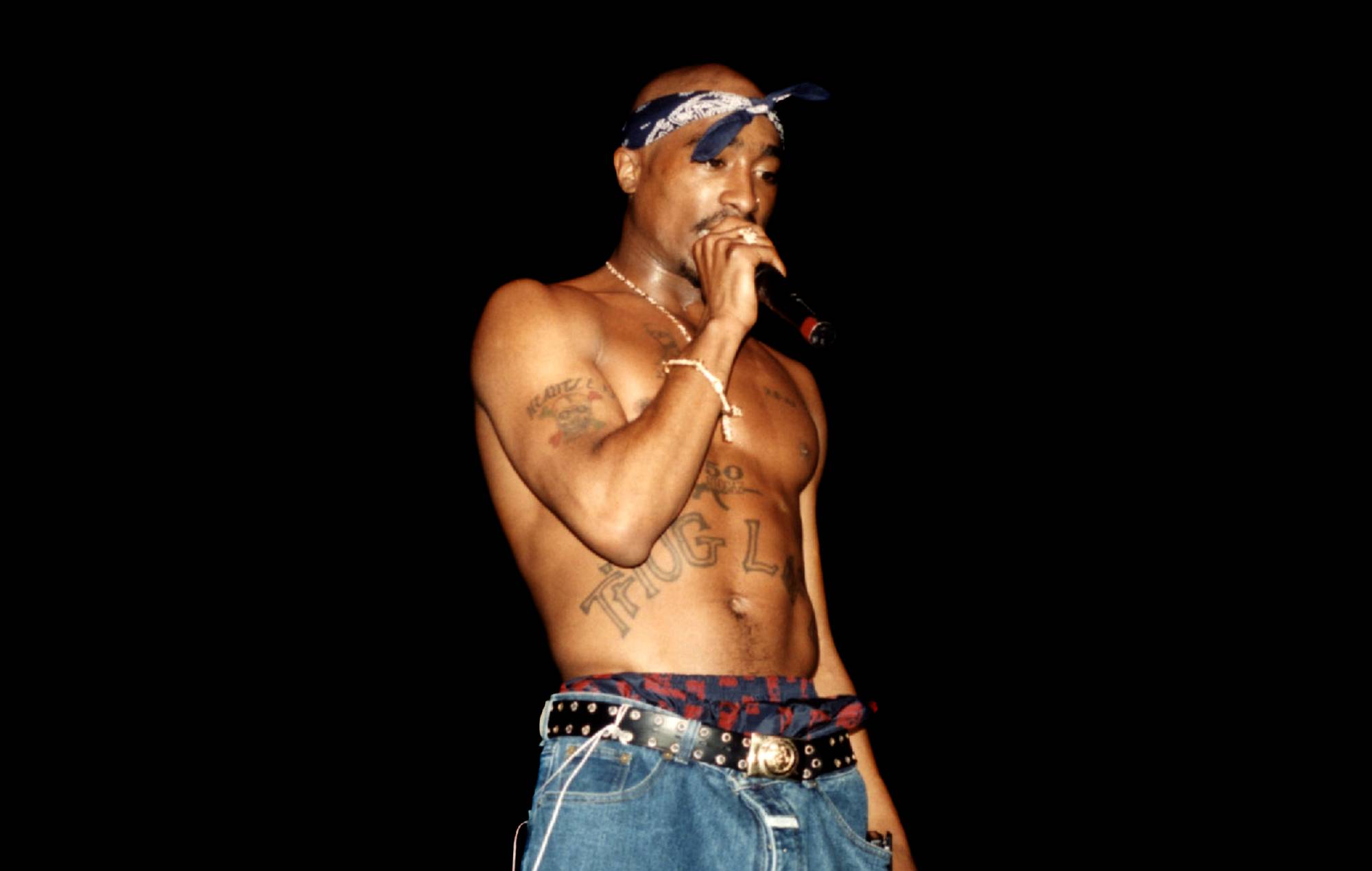
A street in Oakland, California has been renamed Tupac Shakur Way, in honour of the late rapper.
READ MORE: Who killed Tupac? Everything we know about hip-hop’s greatest mystery
The road in question forms a section of the MacArthur Boulevard in the city, close to where Tupac lived in the 1990s.
An official renaming ceremony was held at the site, attended by members of Shakur’s family as well as a number of Bay Area hip-hop legends, including MC Hammer, E-40, Money-B and Too Short.
“Let his spirit live on the rest of these years in these streets and in your hearts,” said Tupac’s sister, Sekyiwa “Set” Shakur, to the gathered crowd.
“He was the realest rapper ever. He was very bright, he was a triple threat: movies, rap, poet, everything,” E-40 added. “He made positive music, self esteem-lifting music for females, like ‘Dear Mama’ and ‘Brenda’s Got a Baby’.” Watch his full speech below.
MC Hammer said that Tupac was “hands down, the greatest rapper ever, there’s not even a question of that.”
Last week (November 2), Duane “Keffe D” Davis pleaded not guilty to Tupac’s 1996 murder. He had been arrested on September 29 and faces a charge of open murder with use of a deadly weapon, with a gang enhancement.
Shakur died at the age of 25 on September 13, 1996, several days after he was shot on September 7. The identity of his killer has remained a mystery for nearly three decades.
The rapper was targeted in Las Vegas as he was leaving the Mike Tyson-Bruce Seldon fight at the MGM Grand and was en route to a nightclub with Death Row Records co-founder Suge Knight.
A white Cadillac pulled up next to the pair’s vehicle on the passenger side and an unidentified gunman fired 14 shots. Shakur was hit four times, later dying from his injuries.
Last month, Suge Knight told TMZ: “I never thought Keefe D would get arrested,” he said. “Nor do I want to see him get arrested.”
When asked if he’d testify in any eventual trial, Knight said that he believed he wouldn’t be called to do so.
“I wouldn’t be on the stand to testify for somebody, for what?” he said. “One thousand per cent. I wouldn’t go. I wouldn’t testify. None of that shit.”


 61
61